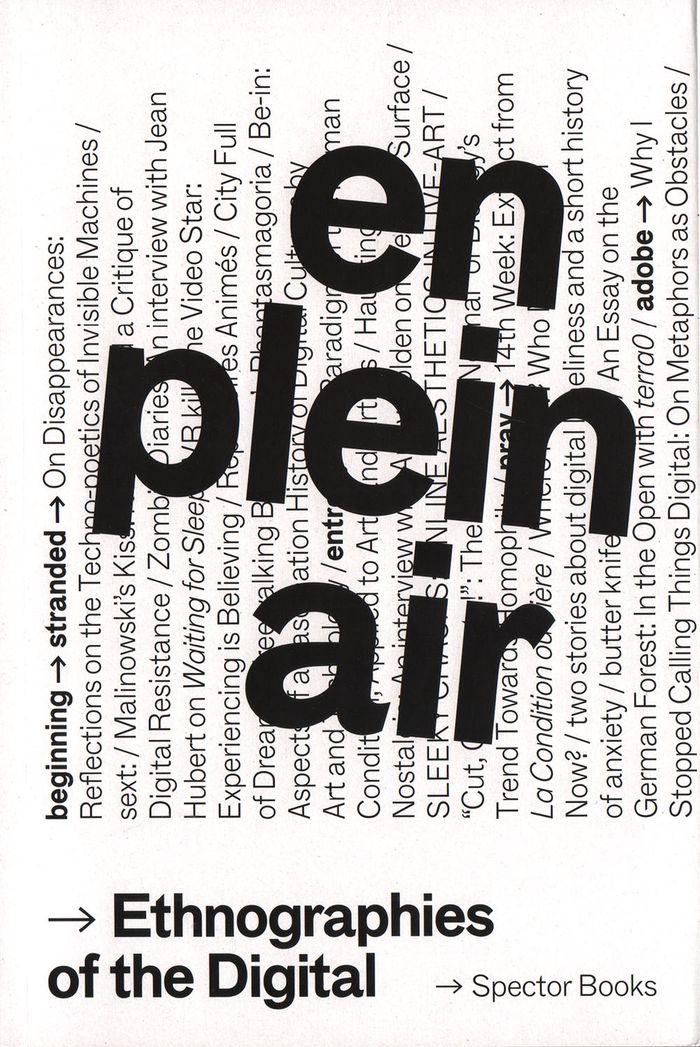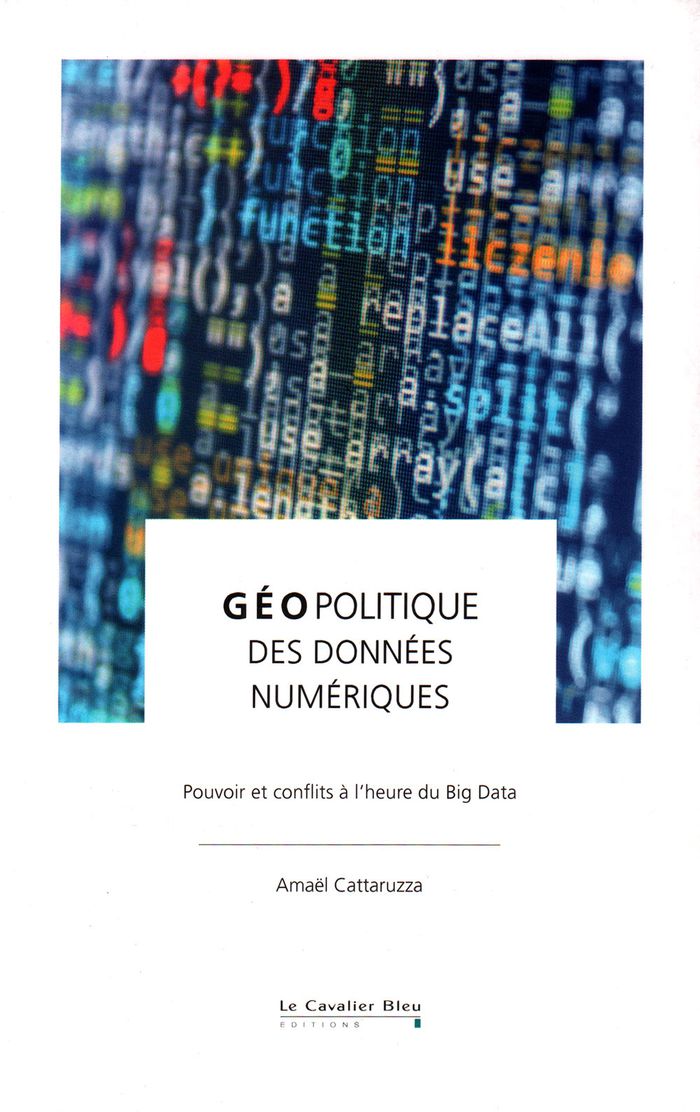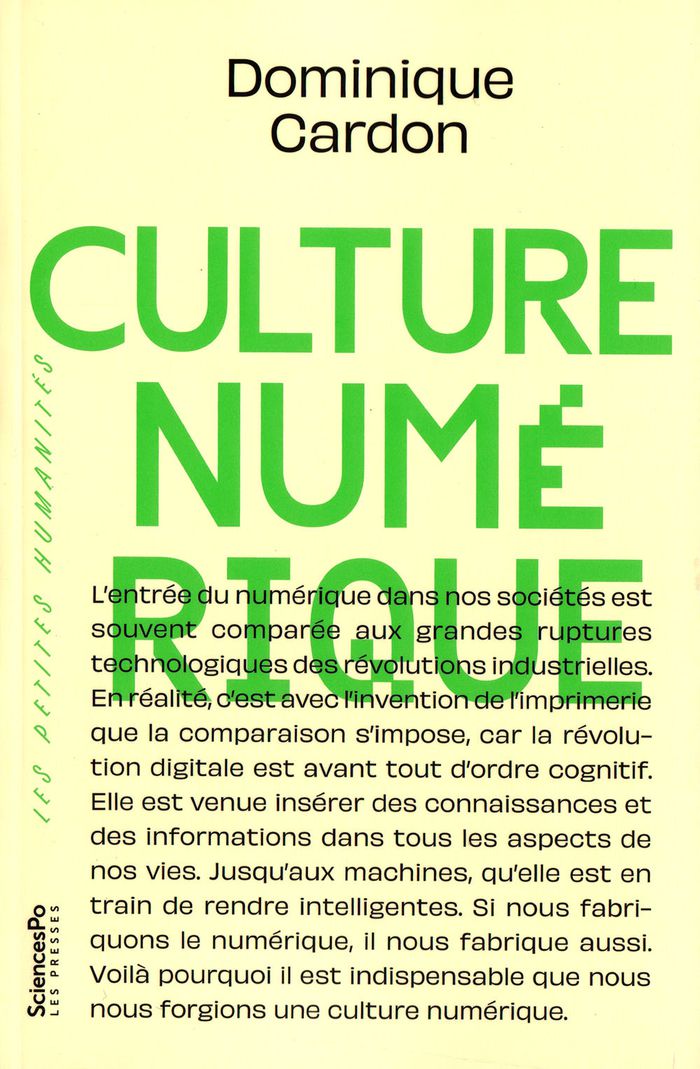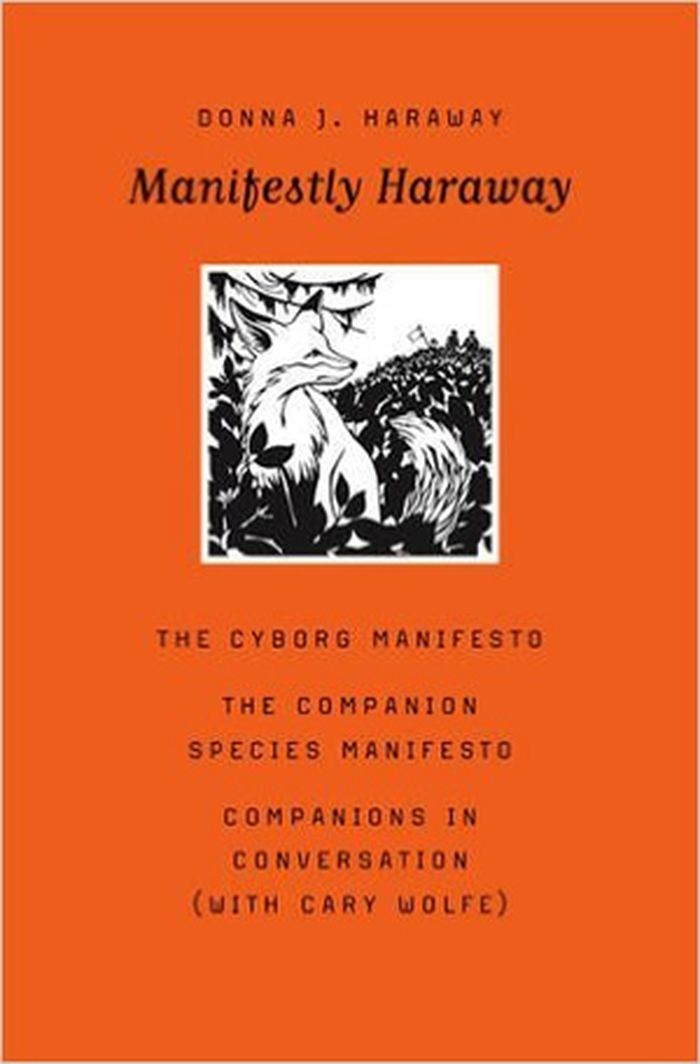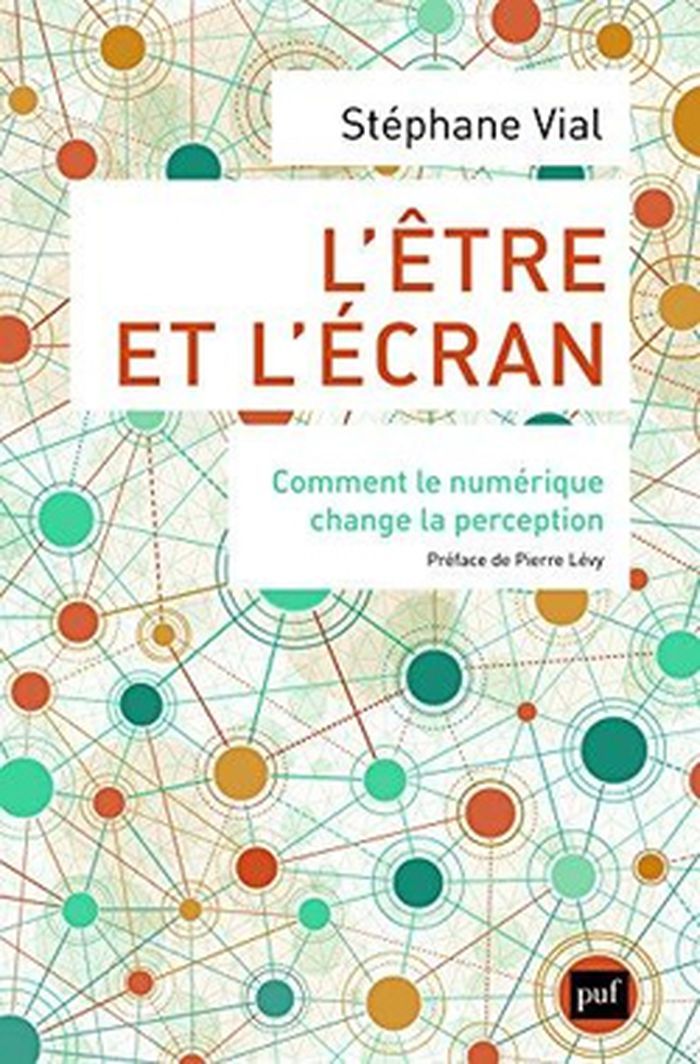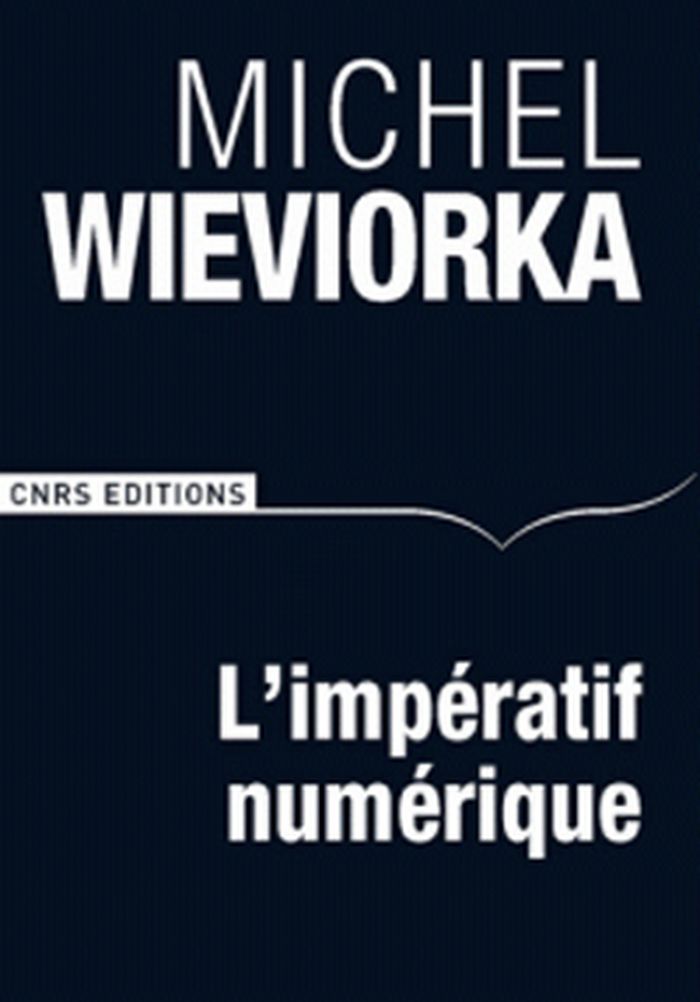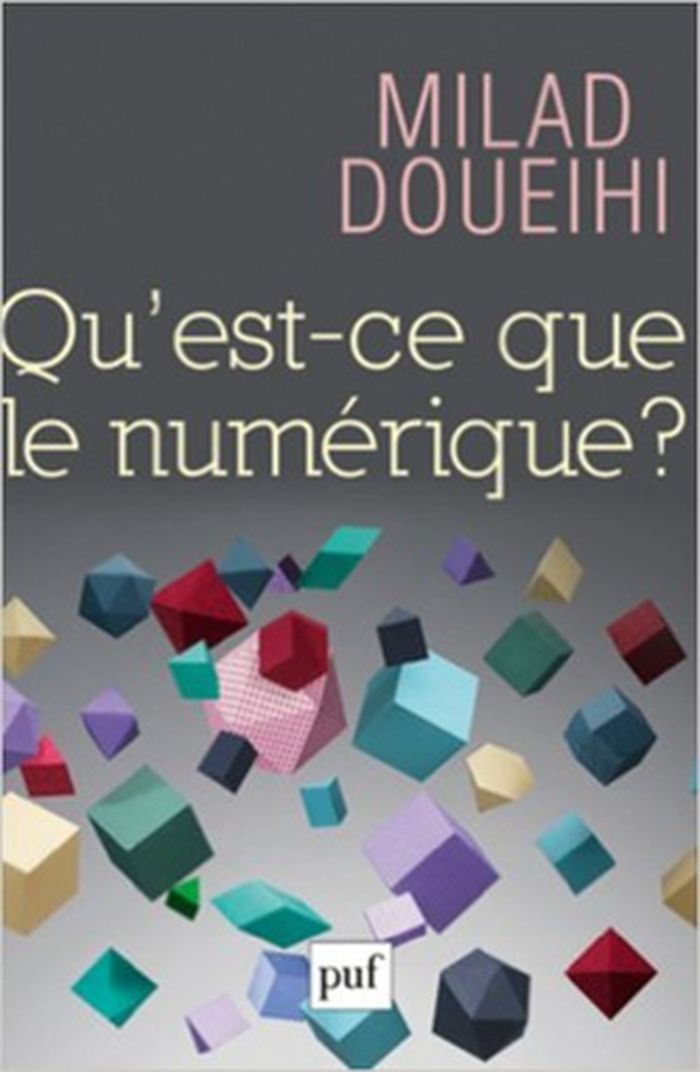$38.50
(disponible sur commande)
Résumé:
Over the past fifty years, preservation policy has evolved very little, despite escalating accusations that landmarking and historic districting can inhibit affordable housing, economic development, and socioeconomic diversity. The potential to understand these dynamics and effect positive change is hindered by a lack of data and evidence-based research to better(...)
Preservation and the new data landscape
Actions:
Prix:
$38.50
(disponible sur commande)
Résumé:
Over the past fifty years, preservation policy has evolved very little, despite escalating accusations that landmarking and historic districting can inhibit affordable housing, economic development, and socioeconomic diversity. The potential to understand these dynamics and effect positive change is hindered by a lack of data and evidence-based research to better understand these impacts. One of the biggest barriers to preservation research has been the lack of data sets that can be used for geospatial, evidence-based, and longitudinal analyses. This first book in the series ''Issues in Preservation Policy'' explores the ways that enhancing the collection, accuracy, and management of data can serve a critical role in identifying vulnerable neighborhoods, understanding the role of older buildings in economic vitality and community resilience, planning sustainable growth, and more.
$34.95
(disponible sur commande)
Résumé:
En plein air — painting outdoors — traditionally describes the impressionist revolt against the studio. This book compiles texts by media scholars, scientists, artists, anthropologists and theorists exploring the concept of en plein air in terms of the digital, a realm with ever-evolving boundaries.
En plein air: ethnographies of the digital
Actions:
Prix:
$34.95
(disponible sur commande)
Résumé:
En plein air — painting outdoors — traditionally describes the impressionist revolt against the studio. This book compiles texts by media scholars, scientists, artists, anthropologists and theorists exploring the concept of en plein air in terms of the digital, a realm with ever-evolving boundaries.
Moving archives
$85.00
(disponible sur commande)
Résumé:
The image of the dusty, undisturbed archive has been swept away in response to growing interest across disciplines in the materials they house and the desire to find and make meaning through an engagement with those materials. Archival studies scholars and archivists are developing related theoretical frameworks and practices that recognize that the archives are anything(...)
Moving archives
Actions:
Prix:
$85.00
(disponible sur commande)
Résumé:
The image of the dusty, undisturbed archive has been swept away in response to growing interest across disciplines in the materials they house and the desire to find and make meaning through an engagement with those materials. Archival studies scholars and archivists are developing related theoretical frameworks and practices that recognize that the archives are anything but static. Archival deposits are proliferating, and the architects, practitioners, and scholars engaged with them are scarcely able to keep abreast of them. Archives, archival theory, and archival practice are on the move. But what of the archives that were once safely housed and have since been lost, or are under threat? What of the urgency that underscores the appeals made on behalf of these archives? As scholars in this volume argue, archives—their materialization, their preservation, and the research produced about them—are moving in a different way: they are involved in an emotionally engaged and charged process, one that acts equally upon archival subjects and those engaged with them. So too do archives at once represent members of various communities and the fields of study drawn to them. "Moving Archives" grounds itself in the critical trajectory related to what Sara Ahmed calls “affective economies” to offer fresh insights about the process of archiving and approaching literary materials. These economies are not necessarily determined by ethical impulses, although many scholars have called out for such impulses to underwrite current archival practices; rather, they form the crucial affective contexts for the legitimization of archival caches in the present moment and for future use.
$37.95
(disponible sur commande)
Résumé:
Au cours des deux dernières décennies, la production de données numériques a connu une croissance sans précédent, redéfinissant la puissance entre États, mais aussi acteurs privés (GAFAM) et autres (hackers, cybercriminels, etc.). Cette redéfinition conduit à interroger la notion de frontière dans ce contexte non-clos où la localisation physique peut ne pas correspondre à(...)
Géopolitique des données numériques
Actions:
Prix:
$37.95
(disponible sur commande)
Résumé:
Au cours des deux dernières décennies, la production de données numériques a connu une croissance sans précédent, redéfinissant la puissance entre États, mais aussi acteurs privés (GAFAM) et autres (hackers, cybercriminels, etc.). Cette redéfinition conduit à interroger la notion de frontière dans ce contexte non-clos où la localisation physique peut ne pas correspondre à la location logique ou juridique. Pour traiter cette masse de données disparates, il a fallu créer des outils (Big Data, intelligence artificielles) qui modifient également les rapports de puissance entre les États. Mais dont l'usage modifie aussi l'analyse géopolitique elle-même. Dans cet ouvrage, Amaël Cattaruzza analyse comment les données numériques ont doublement modifié la géopolitique.
Culture numérique
$37.95
(disponible sur commande)
Résumé:
Ce livre raconte un programme unique au monde : la conception, la construction et l’usage de 10 L'entrée du numérique dans nos sociétés est souvent comparée aux grandes ruptures technologiques des révolutions industrielles. En réalité, c'est avec l'invention de l'imprimerie que la comparaison s’impose, car la révolution digitale est avant tout d’ordre cognitif. Elle est(...)
Culture numérique
Actions:
Prix:
$37.95
(disponible sur commande)
Résumé:
Ce livre raconte un programme unique au monde : la conception, la construction et l’usage de 10 L'entrée du numérique dans nos sociétés est souvent comparée aux grandes ruptures technologiques des révolutions industrielles. En réalité, c'est avec l'invention de l'imprimerie que la comparaison s’impose, car la révolution digitale est avant tout d’ordre cognitif. Elle est venue insérer des connaissances et des informations dans tous les aspects de nos vies. Jusqu'aux machines, qu'elle est en train de rendre intelligentes. Si nous fabriquons le numérique, il nous fabrique aussi. Voilà pourquoi il est indispensable que nous nous forgions une culture numérique.
Digital keywords
$31.95
(disponible sur commande)
Résumé:
In the age of search, keywords increasingly organize research, teaching, and even thought itself. Inspired by Raymond Williams's 1976 classic 'Keywords', the timely collection 'Digital Keywords' gathers pointed, provocative short essays on more than two dozen keywords by leading and rising digital media scholars from the areas of anthropology, digital humanities, history,(...)
Digital keywords
Actions:
Prix:
$31.95
(disponible sur commande)
Résumé:
In the age of search, keywords increasingly organize research, teaching, and even thought itself. Inspired by Raymond Williams's 1976 classic 'Keywords', the timely collection 'Digital Keywords' gathers pointed, provocative short essays on more than two dozen keywords by leading and rising digital media scholars from the areas of anthropology, digital humanities, history, political science, philosophy, religious studies, rhetoric, science and technology studies, and sociology. 'Digital Keywords' examines and critiques the rich lexicon animating the emerging field of digital studies.
Manifestly Haraway
$29.95
(disponible sur commande)
Résumé:
Provocative, and controversial when first published thirty years ago, Donna Haraway’s “Cyborg Manifesto” is even more relevant today, when the divisions that she so eloquently challenges—of human and machine but also of gender, class, race, ethnicity, sexuality, and location—are increasingly complex. The subsequent “Companion Species Manifesto,” which further questions(...)
Manifestly Haraway
Actions:
Prix:
$29.95
(disponible sur commande)
Résumé:
Provocative, and controversial when first published thirty years ago, Donna Haraway’s “Cyborg Manifesto” is even more relevant today, when the divisions that she so eloquently challenges—of human and machine but also of gender, class, race, ethnicity, sexuality, and location—are increasingly complex. The subsequent “Companion Species Manifesto,” which further questions the human–nonhuman disjunction, is no less urgently needed in our time of environmental crisis and profound polarization.
L'être et l'écran
$37.95
(disponible sur commande)
Résumé:
Les techniques ne sont pas seulement des outils, ce sont des structures de la perception. Elles conditionnent la manière dont le monde nous apparaît et dont les phénomènes nous sont donnés. Depuis près d’un demi-siècle, les technologies numériques nous apportent des perceptions d’un monde inconnu. Ces êtres qui émergent de nos écrans et de nos interfaces bouleversent(...)
L'être et l'écran
Actions:
Prix:
$37.95
(disponible sur commande)
Résumé:
Les techniques ne sont pas seulement des outils, ce sont des structures de la perception. Elles conditionnent la manière dont le monde nous apparaît et dont les phénomènes nous sont donnés. Depuis près d’un demi-siècle, les technologies numériques nous apportent des perceptions d’un monde inconnu. Ces êtres qui émergent de nos écrans et de nos interfaces bouleversent l’idée que nous nous faisons de ce qui est réel et nous réapprennent à percevoir. Quel est l’être des êtres numériques ? Que devient notre être-dans-le-monde à l’heure des êtres numériques ? Le temps est venu d’analyser l’«ontophanie numérique» dans toute sa complexité. La prétendue différence entre le réel et le virtuel n’existe pas et n’a jamais existé. Nous vivons dans un environnement hybride, à la fois numérique et non numérique, en ligne et hors ligne, qu’il appartient aux designers de rendre habitable. -
L'impératif numérique
$7.95
(disponible en magasin)
Résumé:
Une invitation, pour les sceptiques et tous ceux qui croient en l’utilité des sciences humaines et sociales, à faire davantage l’expérience de notre environnement numérique...
L'impératif numérique
Actions:
Prix:
$7.95
(disponible en magasin)
Résumé:
Une invitation, pour les sceptiques et tous ceux qui croient en l’utilité des sciences humaines et sociales, à faire davantage l’expérience de notre environnement numérique...
Qu'est-ce que le numérique ?
$12.95
(disponible en magasin)
Résumé:
Le numérique est un mot qui est passé rapidement dans notre vocabulaire. Mais que désigne-t-il à proprement parler? Comment comprendre et définir cet objet, ce phénomène qui semble destiné à transformer notre quotidien? Les dictionnaires restent un peu perplexes devant le numérique; leurs définitions ne renvoient souvent qu’à l’aspect étymologique et technique – un(...)
Qu'est-ce que le numérique ?
Actions:
Prix:
$12.95
(disponible en magasin)
Résumé:
Le numérique est un mot qui est passé rapidement dans notre vocabulaire. Mais que désigne-t-il à proprement parler? Comment comprendre et définir cet objet, ce phénomène qui semble destiné à transformer notre quotidien? Les dictionnaires restent un peu perplexes devant le numérique; leurs définitions ne renvoient souvent qu’à l’aspect étymologique et technique – un secteur associé au calcul, au nombre –, et surtout aux dispositifs opposés à l’analogique. Dans notre usage, le numérique désigne bien autre chose. C’est pourquoi la question de sa définition mérite d’être posée, car elle soulève une difficulté particulière. Une difficulté à la fois épistémologique, institutionnelle et sociale, voire économique et politique, mais qui permet précisément de cerner la complexité du numérique dans son déploiement actuel.

